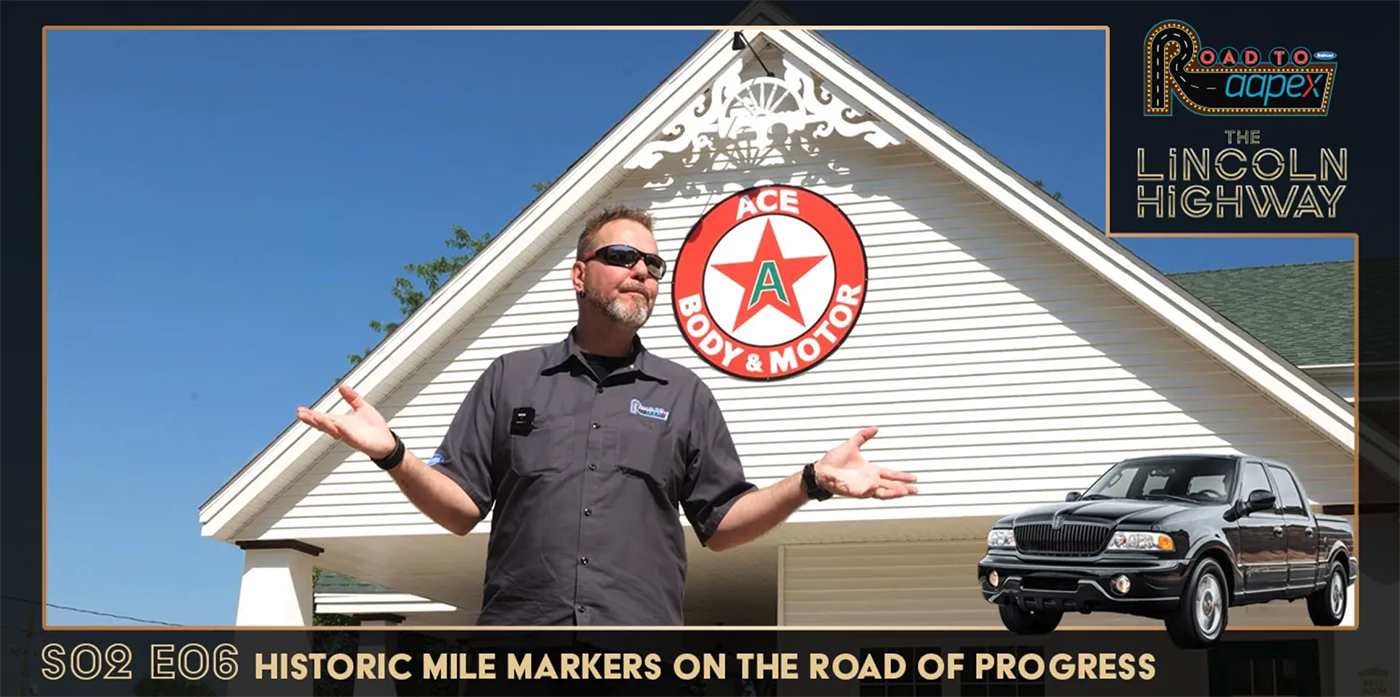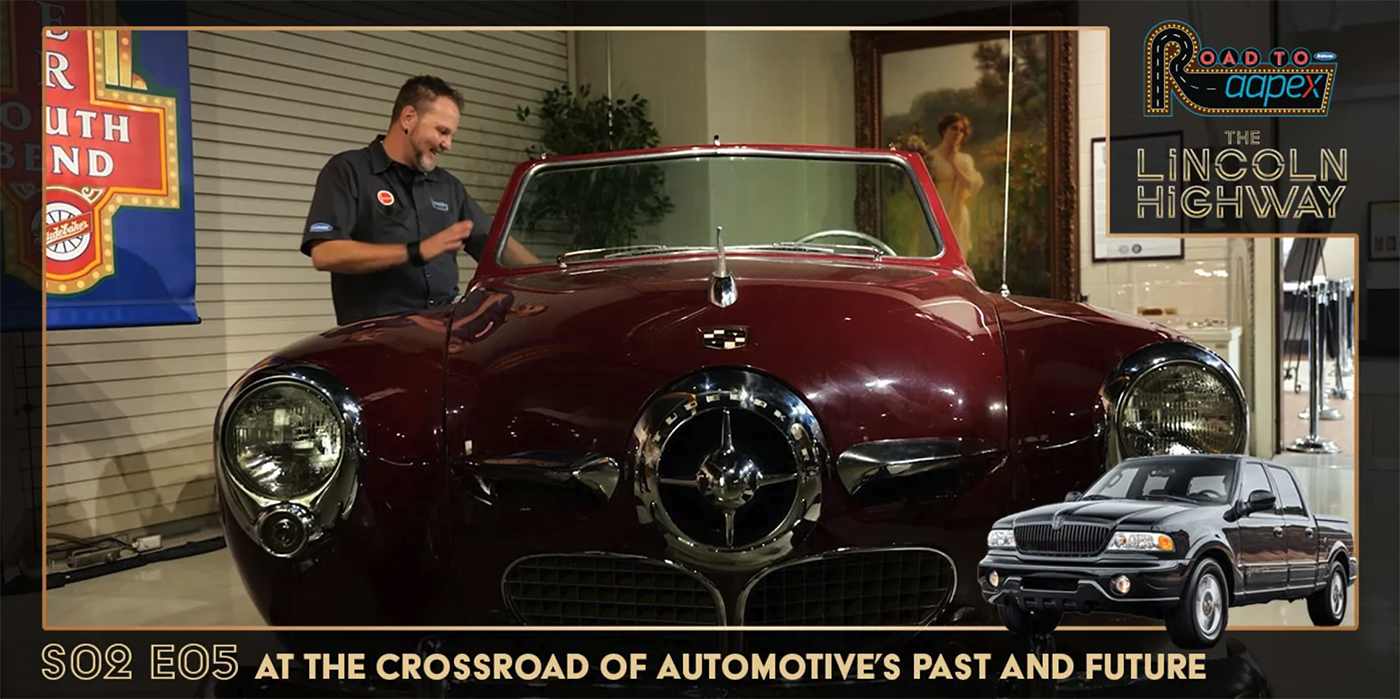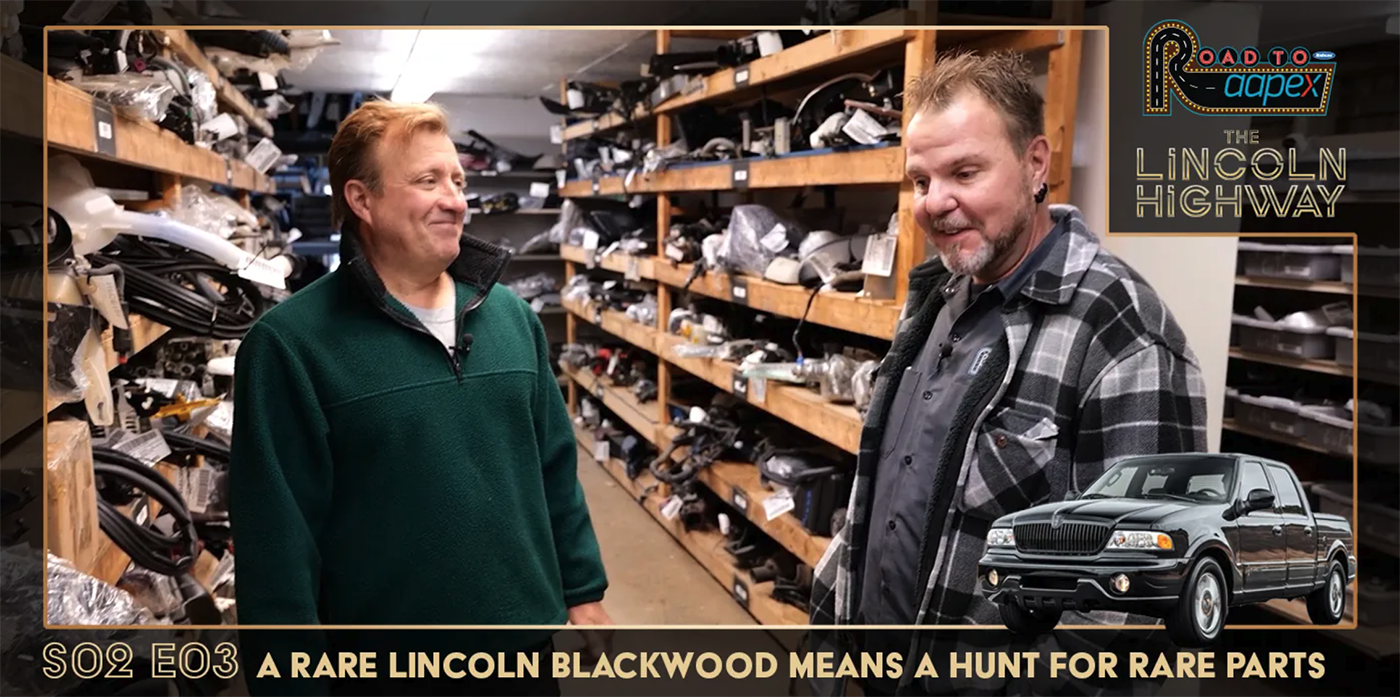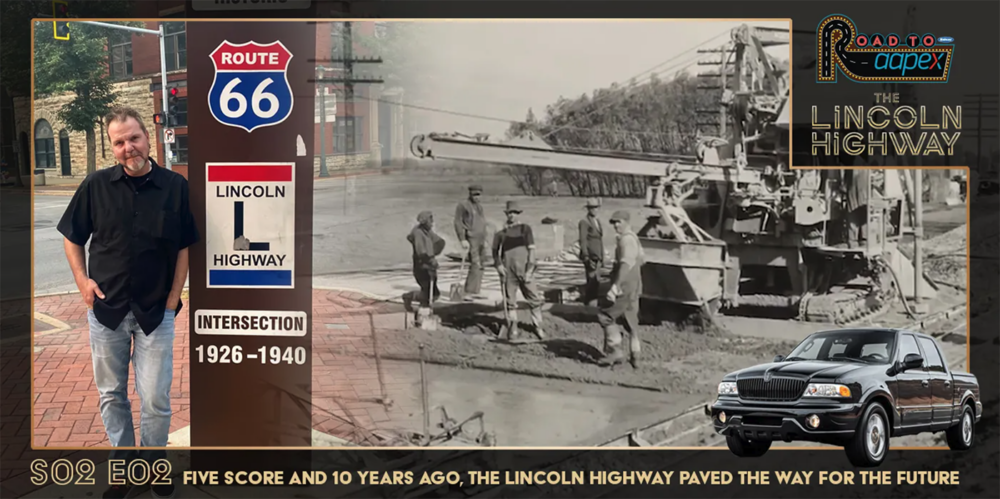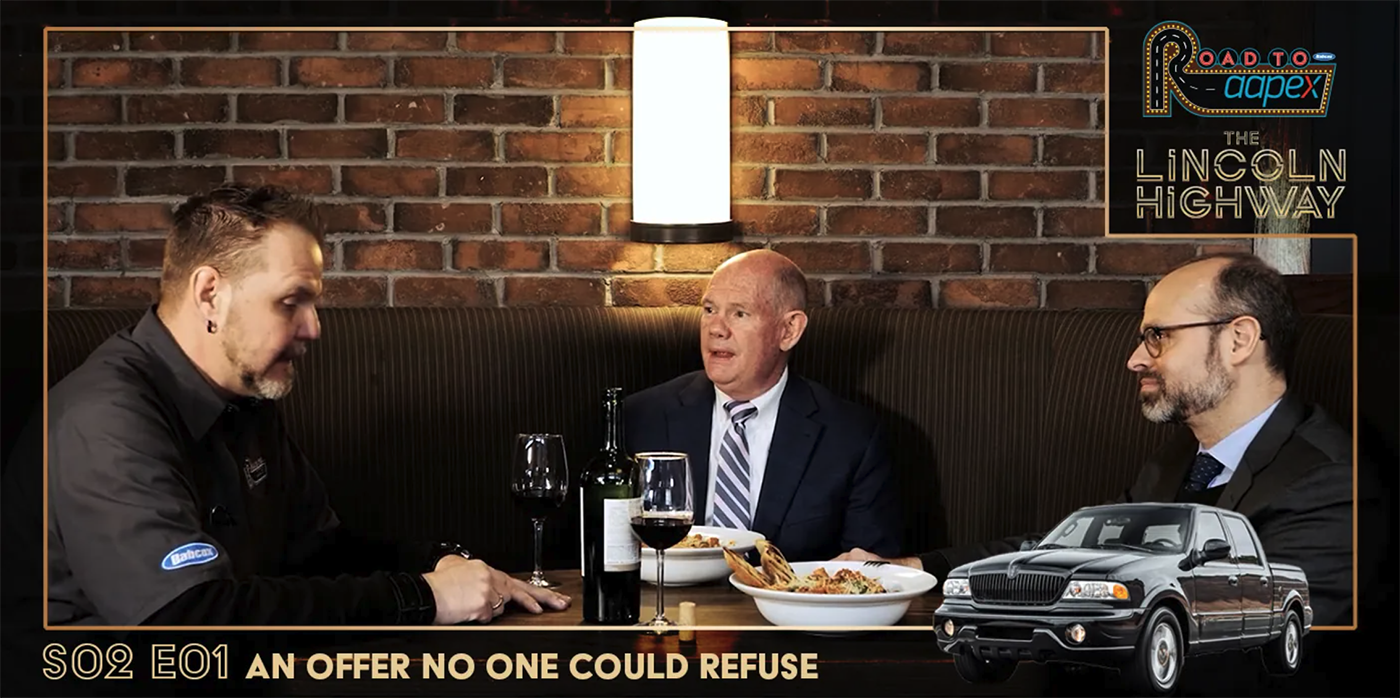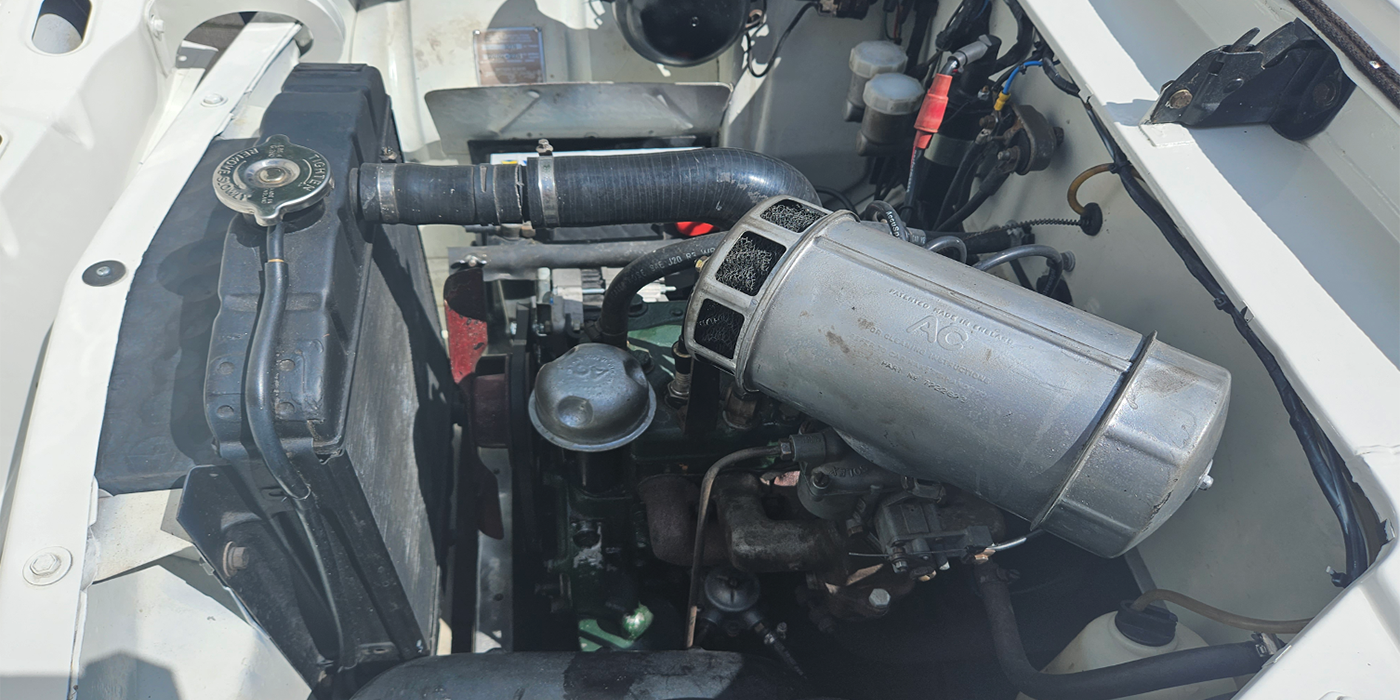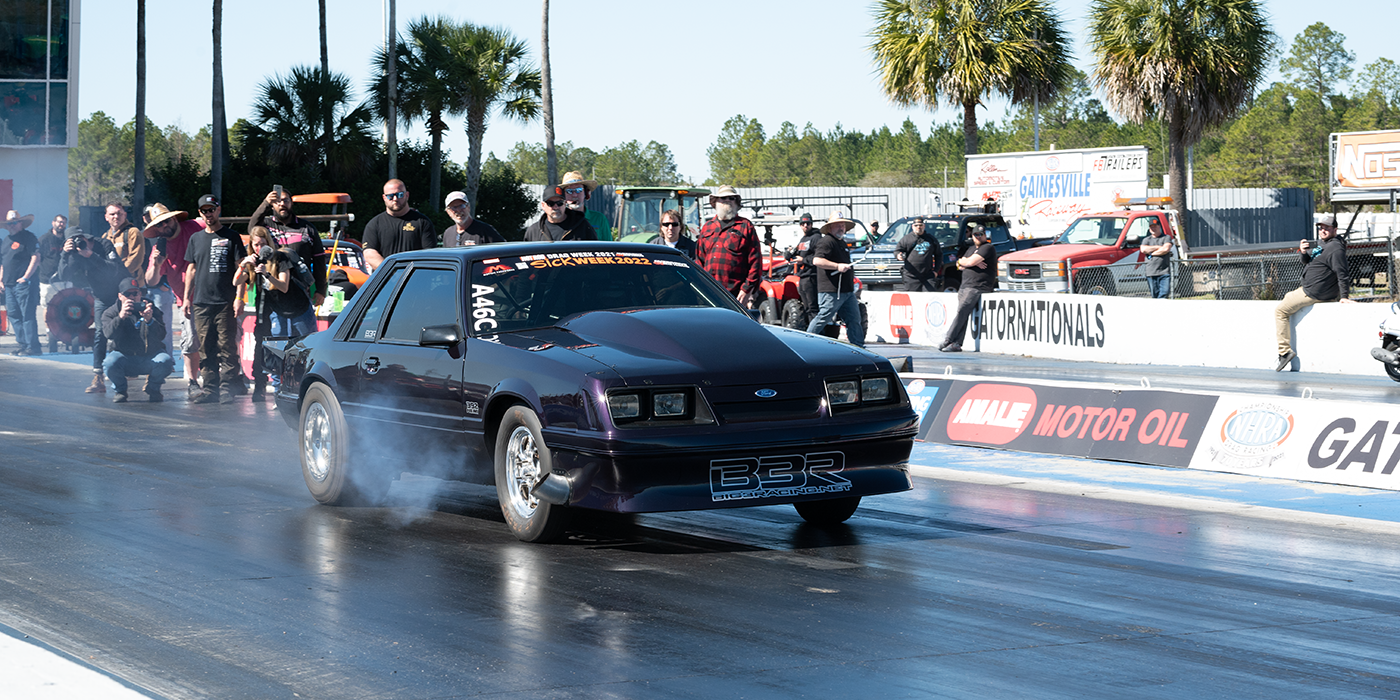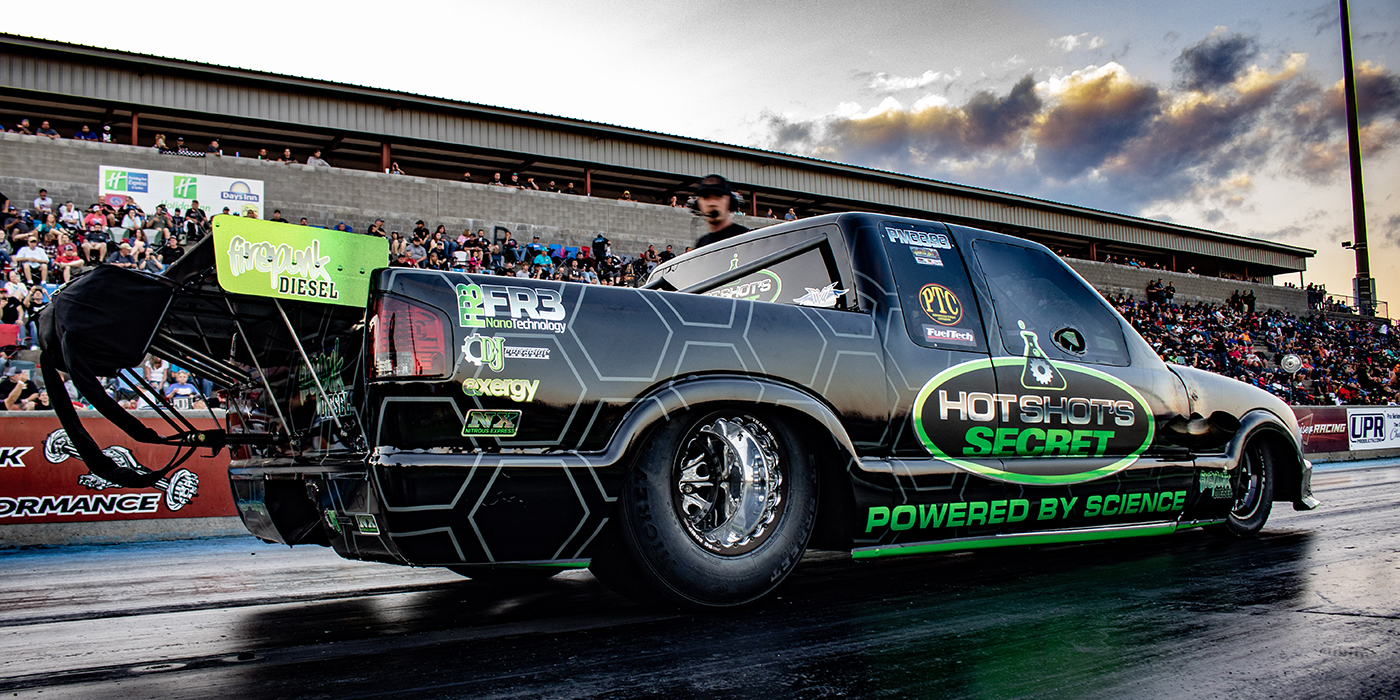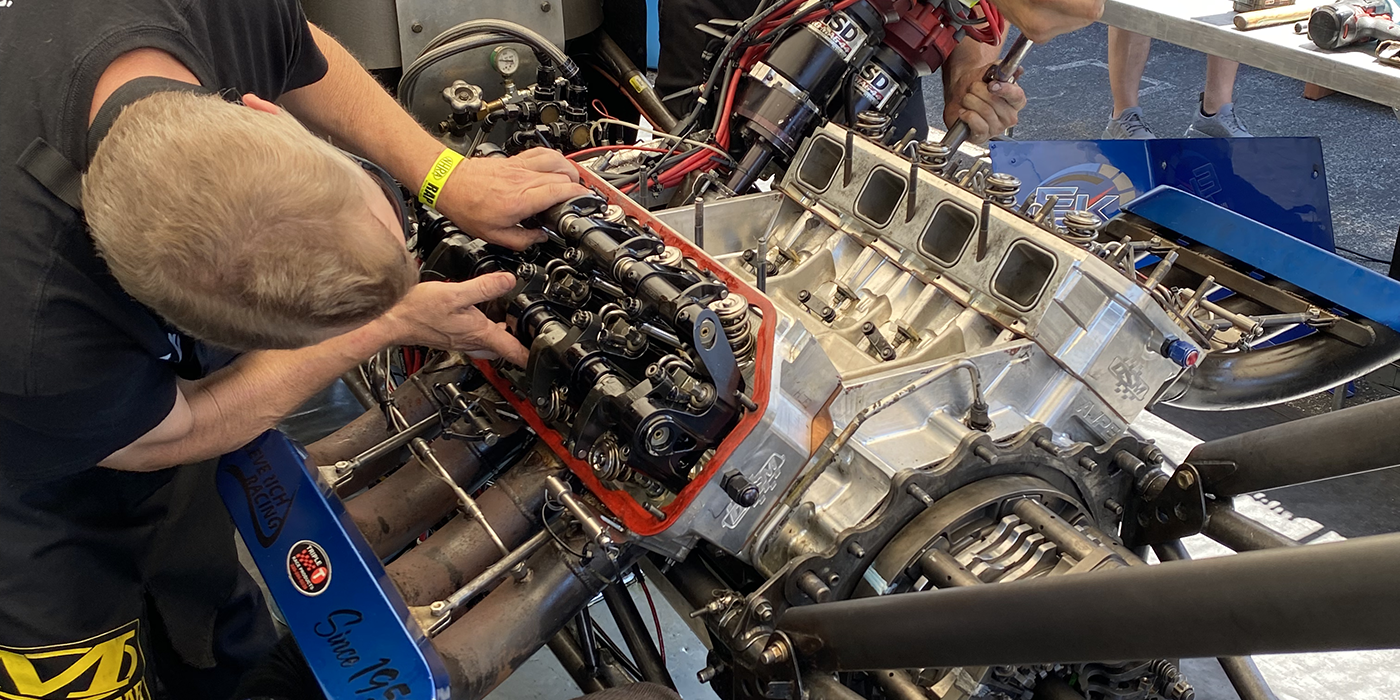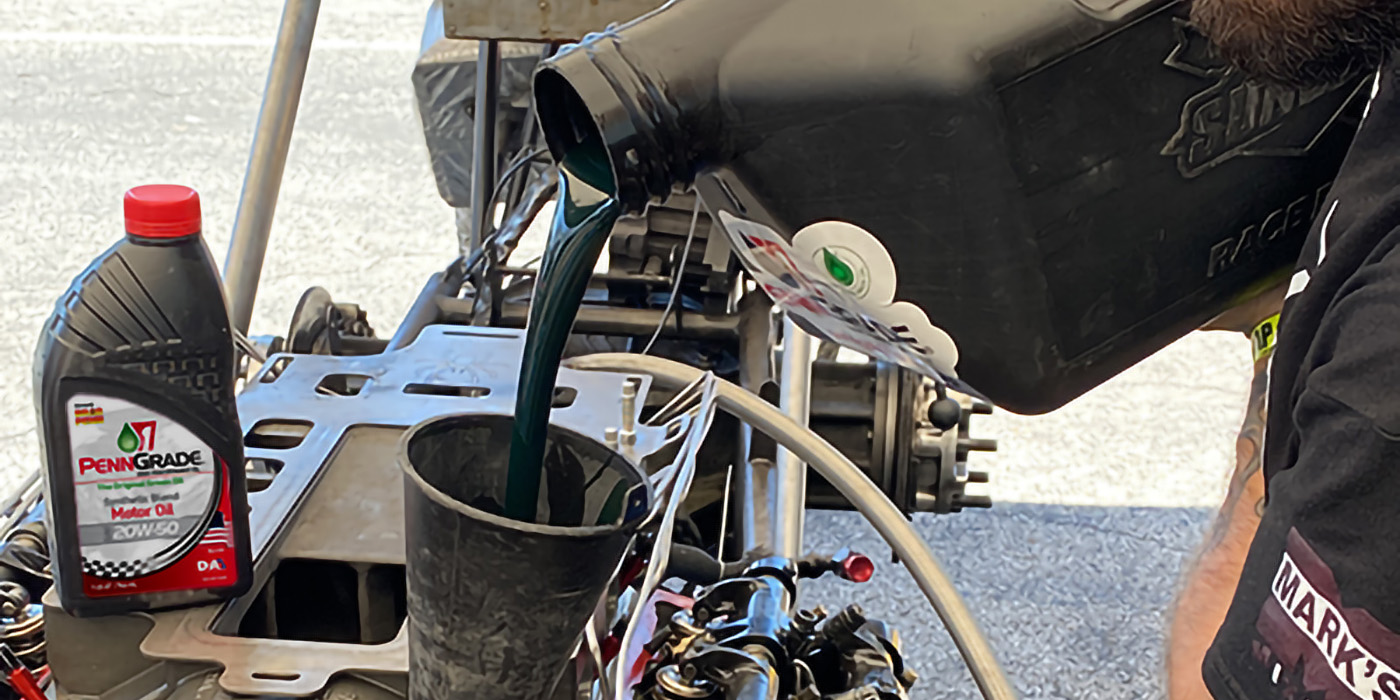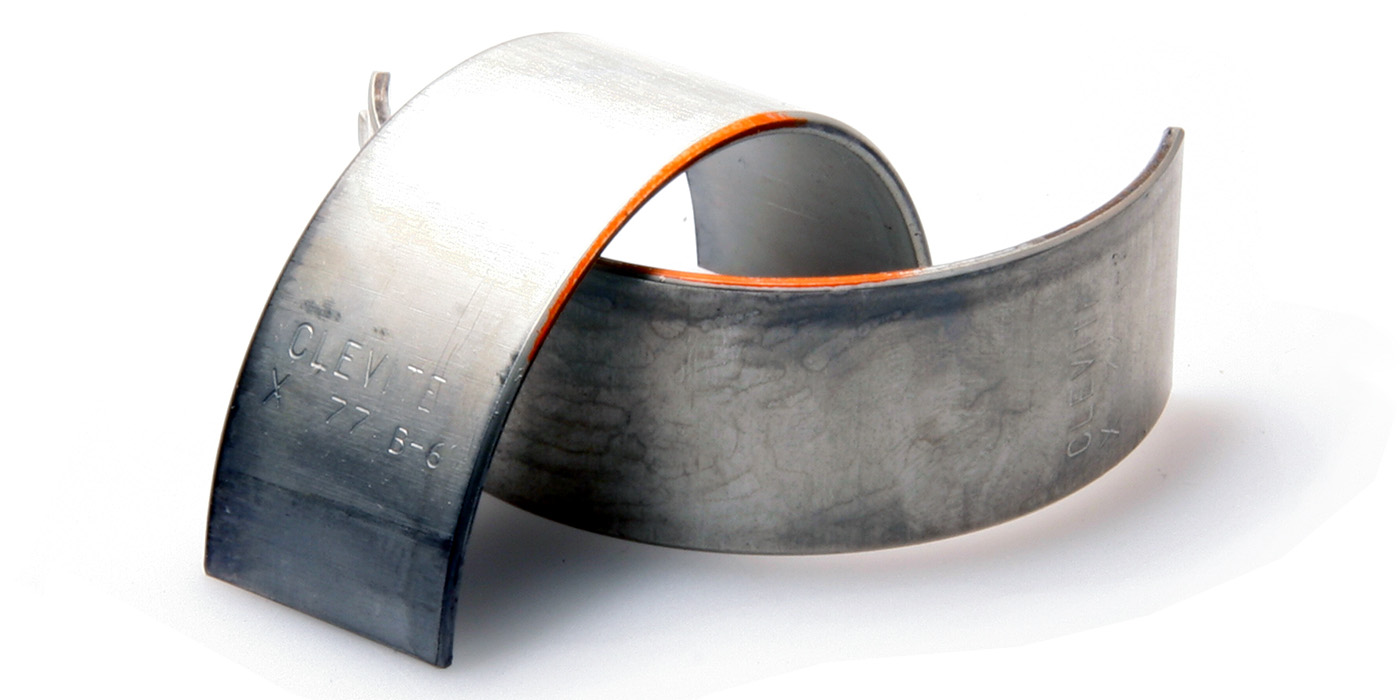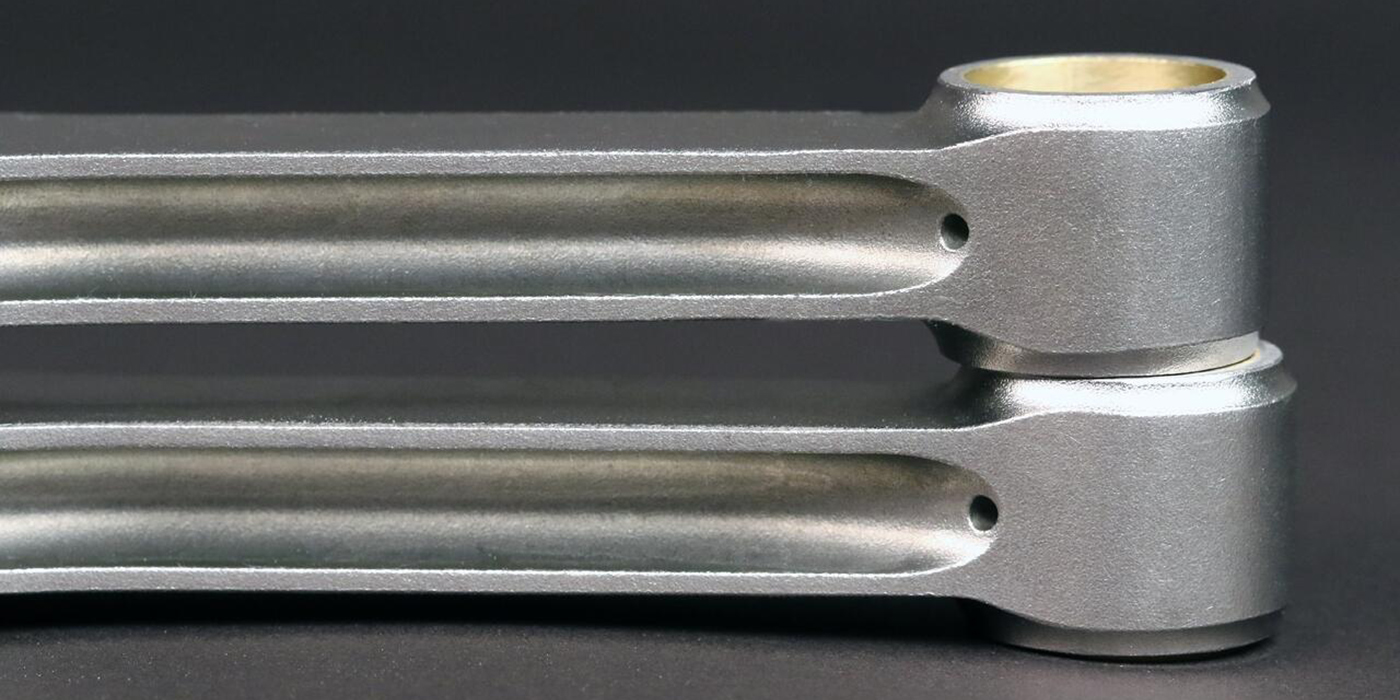In past “Fast Lane” columns I have talked about how important it is for a shop to start slowly when entering the high performance and motorsports field. Starting slowly would mean starting with just one type of engine, or racing “class” or organization, so that you can become very good at what you do. To be successful in motorsports you must give your customer a product that will keep him running up front; provide such a product consistently, and you will have racers beating a path to your door.
For a shop new to performance work, starting slowly can be the key to success, and working with one particular engine or division until you can consistently “get it right” could determine your future in the growing motorsports market. Put out a “bad” product just once in this business, and you may be branded forever.
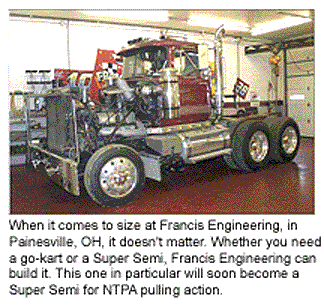
However, while it’s appropriate for a new performance shop to go slowly, veteran shops with a lot of experience building high performance may find it’s time to diversify a little bit. Sure, some shops specialize in particular types of engines; Kistler Engines in Fremont, OH, for instance, builds sprint car engines almost exclusively and is very successful. But in today’s marketplace, most shops need to continue to search out new revenue streams.
Diversification can take many forms. You could add a new line of performance parts for instance, or you could enter a new performance market. Even though your skill is in engine building, perhaps you have the expertise or equipment to become a manufacturer of parts such as rods or heads.
Fowler Engines of Columbus, OH, is one of the leading builders of “blown” alcohol-powered big block V8s in the country, building winning engines for drag racing and tractor pulling. Fowler is similar to many engine-building shops in that the shop does a variety of different operations from head work to building complete motors. Over the years, however, Fowler has gotten into the parts manufacturing business as well.
In addition to building some great engines, Jeff Fowler of Fowler Engines has turned to manufacturing as a way of diversifying his business. While Fowler Engines is nationally recognized for his blown alcohol big blocks and supercharger services, Fowler’s staff has also built on that reputation by manufacturing aluminum rods, blower drive parts such as pulleys and numerous other parts and pieces for the high performance market. Fowler says he learned long ago that manufacturing and selling parts can be much more lucrative than just building engines.
Since 1973, Indianapolis-based Indy Cylinder Head owners Russ and Fred Flagel have been providing serious horsepower to tractor pullers, drag racers, and serious street rod owners. Initially started to repair cast iron blocks and heads, the business quickly grew to offer aluminum repair services also. From there the Flagels delved into aluminum cylinder head production. Today, they are as much a builder of competition engines as a manufacturer of parts.
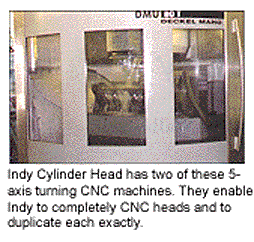
Perhaps best known these days for the Chrysler Hemi Legend engine, Indy is building more of these engines than anything else. The large growth in Nostalgia Drag Racing and in the restoration of cars from the “Muscle Car” era, have made these engines extremely popular. Indy Cylinder Head also manufactures wedge-style heads for Mopars with flow numbers equal to the Hemi’s. In addition, they manufacture billet heads for 12 different tractors and billet aluminum rocker arms for 10 different tractors, as well as other parts for pulling vehicles.
Indy Cylinder Head also manufactures its own block, the “Indy Maxx.” Of course, to manufacture the quality products that come out of the machine shop, you first need to design them. Indy maintains a complete pattern shop where the wooden models that are used to develop the molds are created.
Except for the castings, all machine work is done in-house. A recent purchase of two 5-axis CNC machining centers allows Indy Cylinder Head to offer heads that are 100 percent CNC’d, giving them the ability to duplicate their designs exactly.
While Indy Cylinder Head is fairly diverse, there is one other shop that must be the most diverse I’ve ever seen. Francis Engineering is based in Leroy Township, OH (near Painesville), and owner Dale Francis has been building engines since he was 10 years old.
Francis says he has always been involved in nearly every aspect of building performance vehicles. “I’ve always built cars and chassis and motors and transmissions for them, and pretty much every part in the performance world.,” says Francis. “I’ve gotten involved in a lot of different things. I started doing some pulling work in 1994 working with the Buckeye Bulldog, J.R. Collins.”
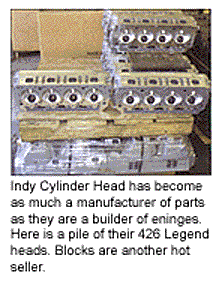
Although Francis Engineering will work on virtually anything, Francis says his company’s collective heart is in motorsports. His employees are or have been involved in nearly all forms of competition from go-karts to tractor pulling. Dale has driven circle track racecars and is a many time champion. In 2005, he got behind the wheel of one of Dick Bonner’s Super Stock pulling tractors and is having a ball driving it.
The tractor pulling work has taken off for Francis Engineering. Now, in addition to building racecar chassis, they are building tractor pulling chassis and some additional parts. And, as in the racecars they build, they can assemble a complete tractor ready for competition.
Francis Engineering is also involved as a team owner in the NASCAR Busch Series. Last year during preseason testing in Daytona the No. 61 team had the fifth-fastest time. They struggled somewhat during actual qualifying for the season-opening race, starting 31st in the 43-car field (out of 64 attempted qualifiers). But the team not only made the race, they finished 15th, pretty respectable for the first time at Daytona. Mike Wallace drove Dale Francis’ car last year. This season’s NASCAR Busch Seriesplans are still being finalized.
Francis Engineering builds virtually everything in-house. The 11,000 square foot shop features some 60 different machines to do different operations. Dale Francis says he has a surface plate for building chassis; the shop has its own crank-grinding machine that can handle up to a 102? long crankshaft. Another important part of the shop is the dyno cell; for anyone serious about high performance work, says Francis, a dyno is essential.
Francis says, “We do about everything. I’ve always found, that if you can do a lot of different things, you’ll never be without work.”
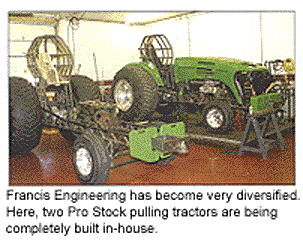
In addition to the building and machining end of things, Francis Engineering is also a warehouse distributor for many different parts manufacturers and distributors; more diversification. In my mind, Dale Francis is the king of diversification. If you walk in his door needing something done, chances are he’ll do it, and he’ll do it well.
No, you don’t need to follow these examples exactly, but they should give you an idea of what can be done. If you have a knowledgeable and well-trained staff, and if you have the abilities and equipment in your shop, perhaps you can find a way to diversify your business and create that new revenue stream that will keep your business on the black side of the ledger in these trying times.
Jim Walbolt, a professional writer and photographer covering motorsports activities, is from Luckey, OH. He can be reached by email at [email protected].

